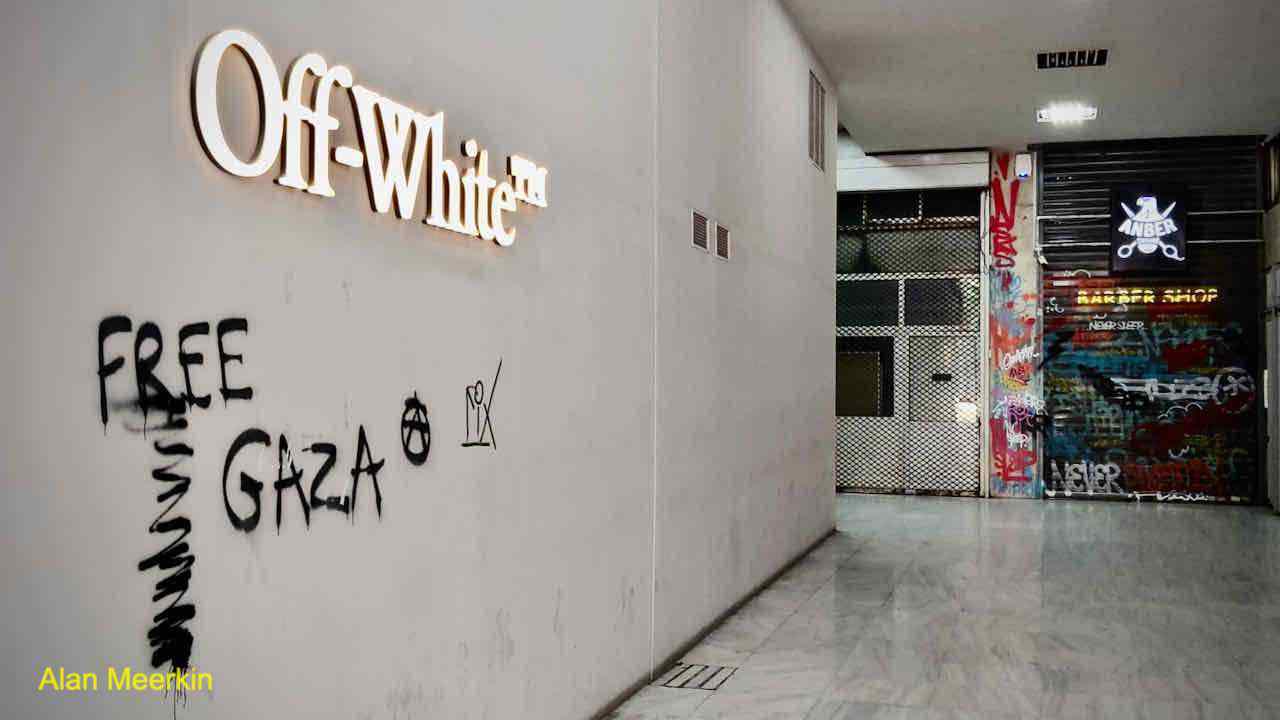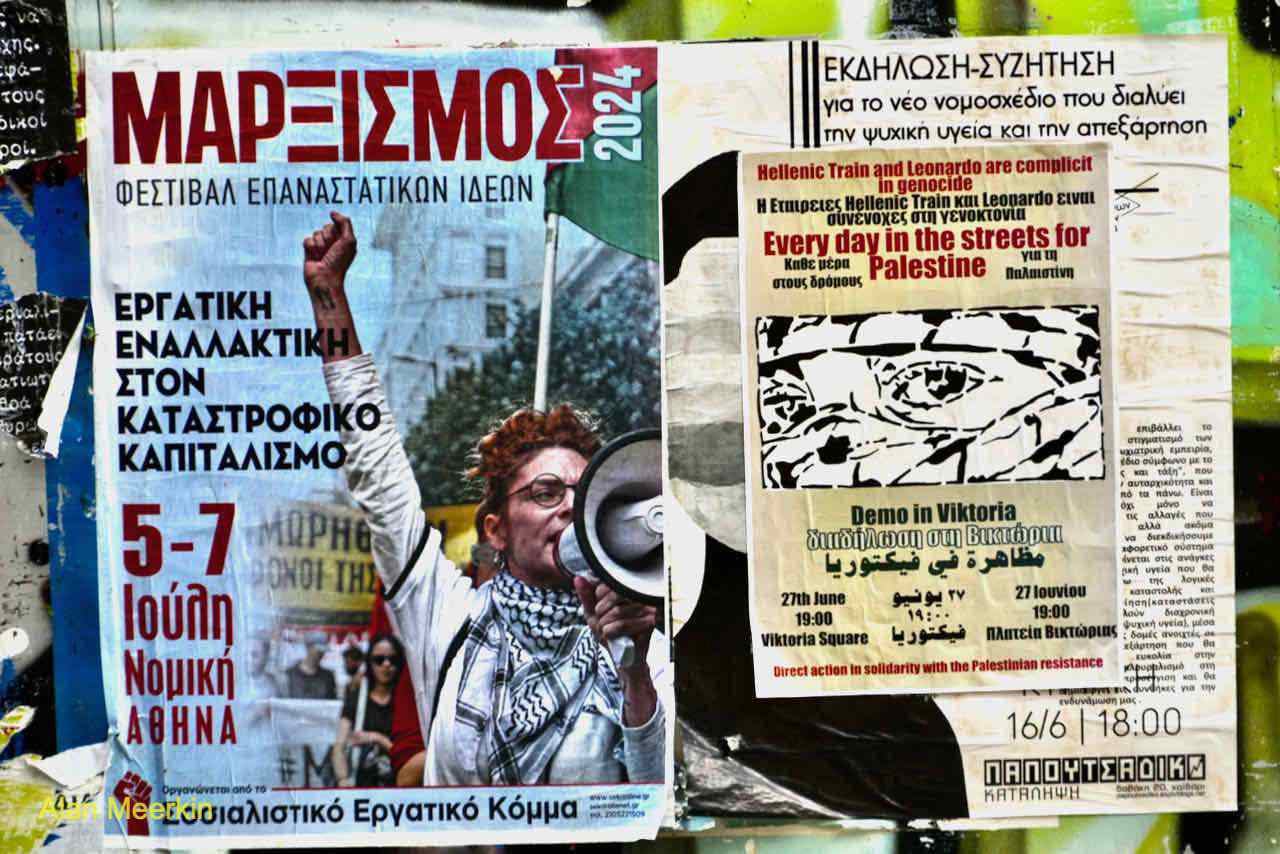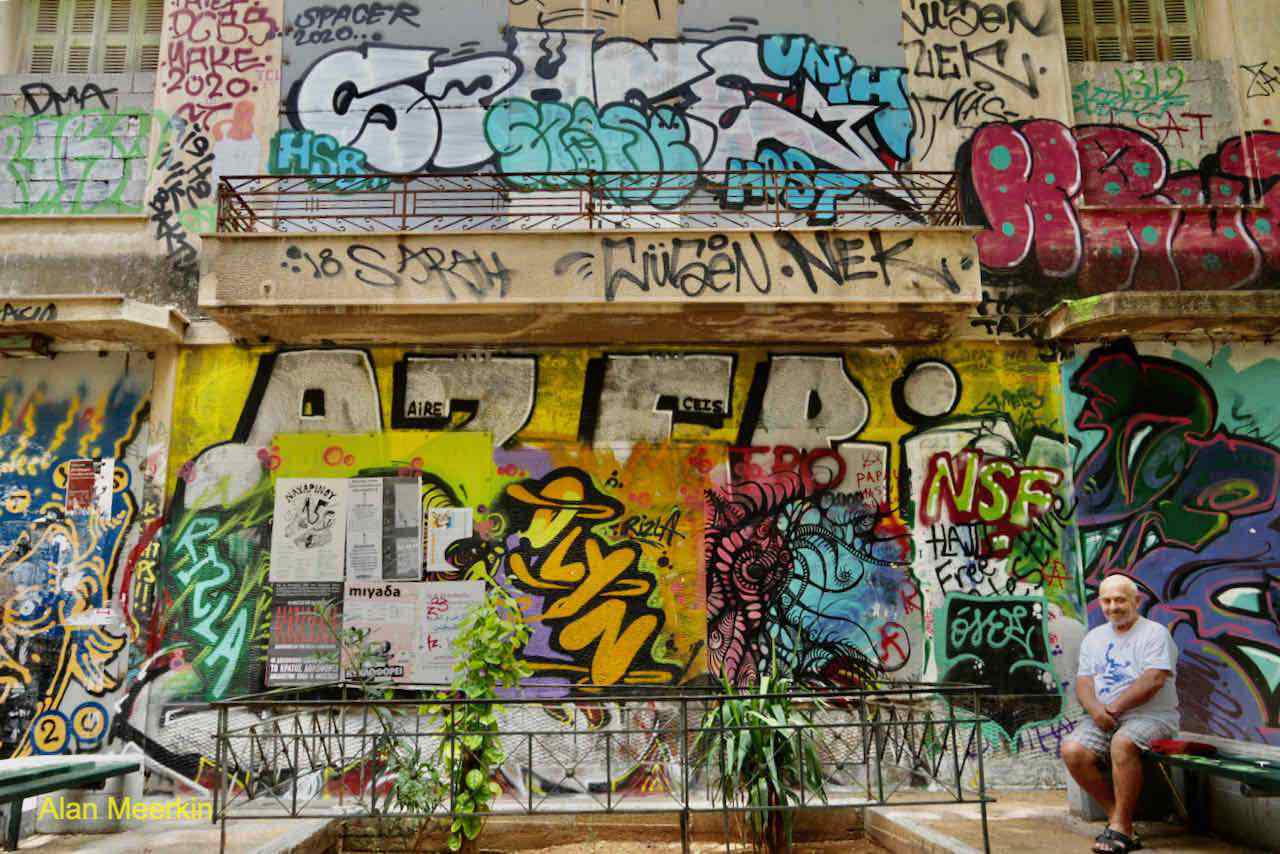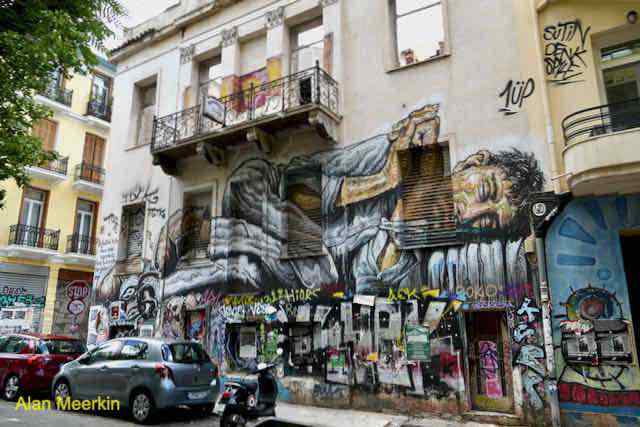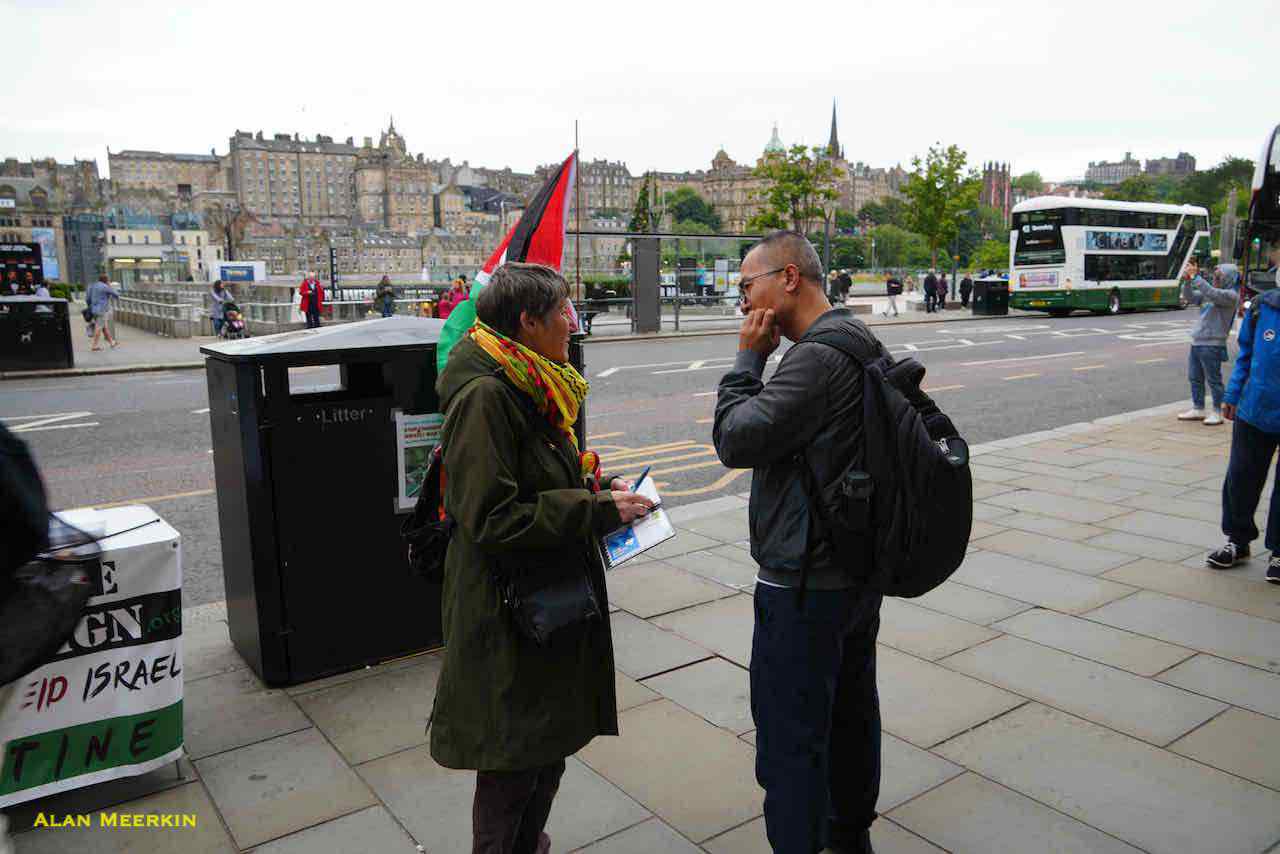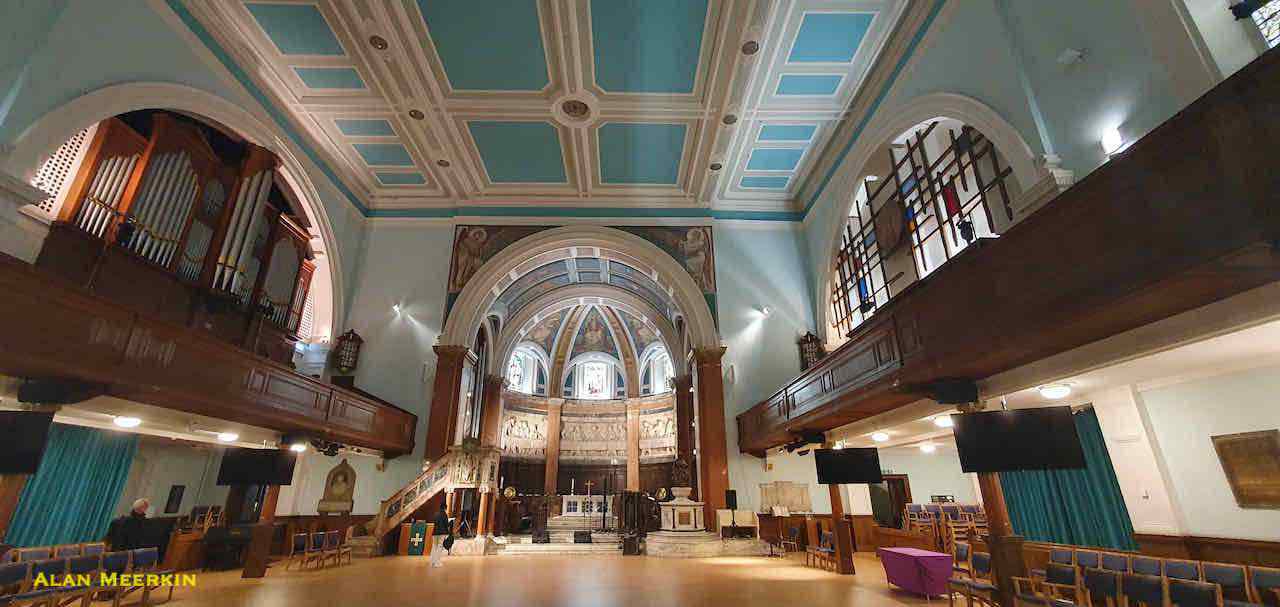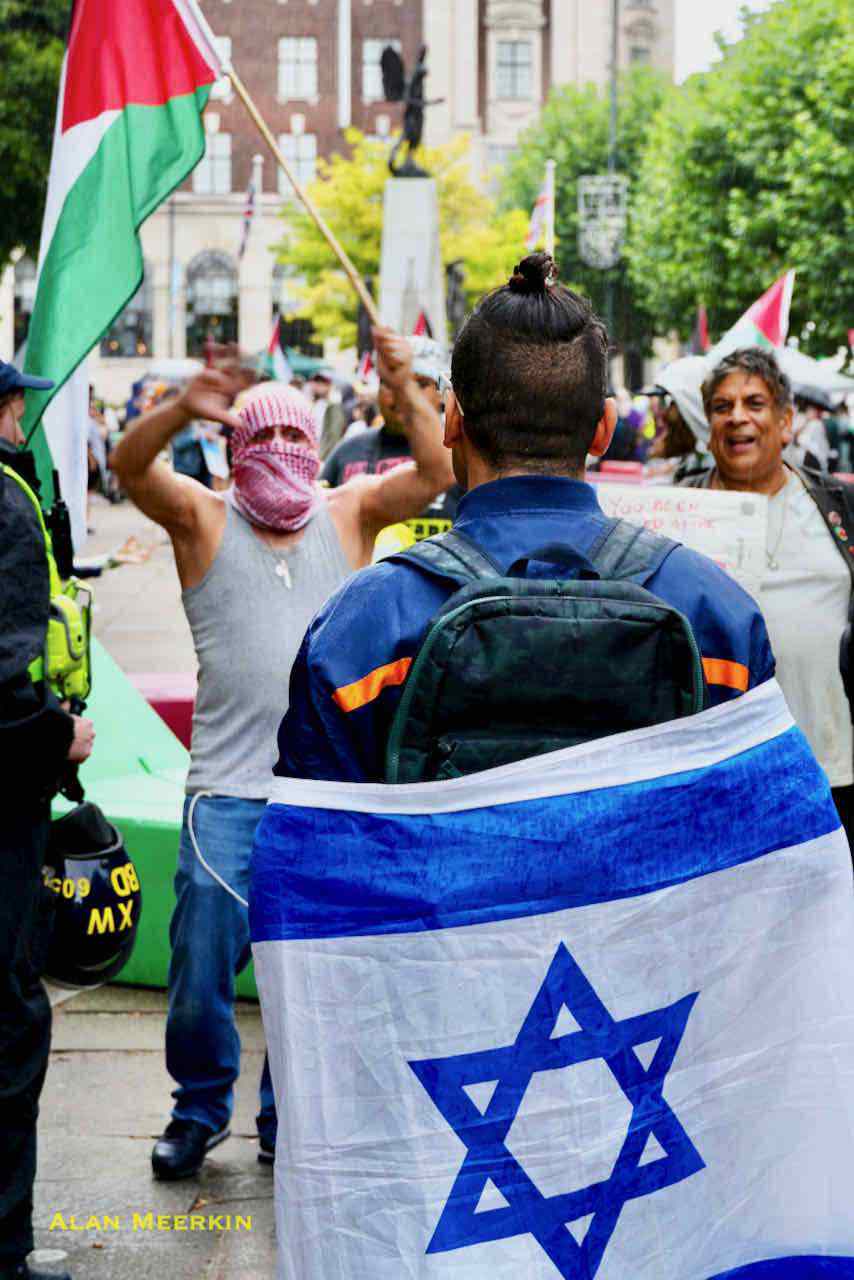Less than a week has passed after the daring infiltration and detonation of encrypted pagers and communication devices issued to Hezbollah operatives, and the event has become old news. Nonetheless, it exposed so much: celebrations by Syrians civilians who suffered from Hezbollah fighters who were sent to Syria by Iran to prop up the Assad regime; accusations by the UN that detonating pagers in the hands of terrorists was a war crime, despite these devices being used for encrypted terrorist communications; the fact that the Iranian ambassador to Lebanon was injured when his personal Hezbollah pager exploded.
JITTERY FLIGHTS
The news has resulted in another cycle of flight cancelations by foreign airlines into Israel. Thousands of Israeli passengers are again stranded overseas. This cycle has occurred multiple times since the cursed October 7. Lufthansa, for instance, has repeatedly cancelled, later resumed, and then again stopped its flights to Israel. Reasons for this vary: increased insurance premiums, flight crews refusing to fly into a war zone, air crews being afraid to furlough in Tel Aviv. Only Israeli airlines, and in particular ElAl, the privately operated, Israeli brand airline, have continued to fly a regular schedule.
https://en.globes.co.il/en/article-more-airlines-suspend-israel-service-1001490116
ElAl
Following these cancelations, ElAl picked up the slack by putting on extra flights to Europe. Demand has been high, available seats scarce. ElAl prices, and revenues, went through the roof. Following complaints of price gouging, the company agreed to freeze prices from certain destinations. In exchange, the Israeli government shared the burden by issuing the airline with tax exemptions.
Complaints continued that prices to non European destinations were inordinately high.
https://www.israelnationalnews.com/en/news/388513
But arguments in ElAl’s favour remain: it is a reliable constant during times of conflict, a luxury service for which we should be thankful and happy to pay the price. Especially when the company also provided gratis transport to young Israelis returning home urgently to join their units on the battlefield.
It was during one such cycle of cancelations, in August, that I sat in Edinburgh, scanning the ElAL website for flights home. Notwithstanding its increased service, I found only one seat, from Athens. I pounced on it. I could leverage the opportunity of being in Greece to feel the current vibe there.
GREECE
The woman seated beside me on my Air France flight to Athens was clearly exhausted. Bella, a Florida native, was heading for the Aegean to vacation with friends. A strict Trump supporter, she told me of her support for the Second Amendment, Christian values, and the State of Israel. The poor woman had spent 20 hours traveling on delayed connections from the US, and was smashed when we met. Perhaps that is why she was open with her views. Either way, it got me thinking about true worldwide support for Israel in the current international climate.
As distinct from Scotland, we were greeted in Athens by a humid, stifling heat. By the time I arrived at my accomodation, near the centrally located Syntagma Square, I was a mess. My first impression that night, as I dragged my bag from the subway, was positive. Looked over by the presidential palace, it seemed an upscale area, burgeoning with crowds, restaurants and live music.
It was only the next morning that I saw the anti-Zionist signs painted in the area I was staying.
BIBI
It had been a few decades since my last visit to Athens, and the city had changed dramatically. Strolling around town on my first day, I passed an elderly man lounging beside a chess table, as if waiting for a partner.
“Israel good people,” he pointed out. “Government bad. Bibi bad. Much suffer.” I listened intently. Love him or hate him, Bibi has certainly served as a target for the difficult image Israel has garnered in the last 12 months. Bibi, the bad guy bogeyman, has been a recurring theme with people I have met abroad. In a way, it allows people to absolve me as an Israeli of perceived wrongdoings by Israel, by blaming our prime minister.
LANDZMEN
By early afternoon I sat down at a hip outdoor cafe below the Plaka. I ordered a cuppacino. Two young men, unkempt, ate lunch at a nearby table, speaking German. One of them was oddly familiar. I glanced up at the Parthenon, towering above me, but was blinded by the sun.
A young couple with a toddler sat behind me and ordered gyros.ֿ
“Ima, ani rotsa chips!” screamed the little girl in Hebrew. Her father dutifully went inside and then returned, handing her a small bowl of French fries.
The waitress lazily walked toward me from the restaurant next door, holding a cup of lukewarm coffee, placing it in front of me. I smiled, knowing that this was the best I could hope for. Two women in their 20s put down their packs by the cafe door and scanned the menu, chatting quietly in Hebrew. I took in all the customers around me.
“Is everyone here Israeli?” I asked aloud in Hebrew.
The German speaker laughed before addressing me, also in Hebrew. “I knew you were Israeli when you first arrived and asked the waitress if a gyro is the same as a shwarma.” It was my turn to laugh. He had seemed familiar to me earlier because he was, in fact, Israeli.
Having identified ourselves as landzsmen, we each went back to our own business. It was the first week of September, 2024. This assortment of young Israelis at the cafe could have been returning to Israel from a stretch abroad. But judging by their ages and physical fitness, it was just as likely that they had spent part of the year fighting in Gaza and were now taking a well needed break. A reality that no-one else in the street could even conceive of.
FRIENDSHIP UNDER FIRE
I finished my coffee and headed up the hill path for the Acropolis. At each passing photo opportunity, I bumped into a young, eastern European woman taking selfie after selfie. We started a conversation and joined forces, continuing our climb up the hill together. Yulia, a svelt, blonde-haired Ukrainian native, had moved to Dubai three years ago and was now on vacation.
There was much to discuss: her family in Ukraine, life under siege, the realities of Dubai, and what the world is coming to.
Stickers adorned every light pole and hard surface on our path. Surveying the view of Athens from above, my attention was caught by a little sticker on a fire hydrant. “Bring Them Home Now” it said. I wondered if any of the throng passing this point, even if they saw the sticker, would know it was referring to the Israeli hostages held in Gaza by Hamas. And who put it there?
Aereopagus Hill, where Paul reputedly preached Christianity to the Athenians, beckoned.
“Israel, actually,” I corrected her. The American couple’s eyes lit up, and the man gave me a hug.
“We love Israel, and we’re right behind you, my friend. Forget what you see on the news. Our church, and many besides, all around the States, are doing everything we can to support you. God bless.” Almost as an afterthought, he returned his gaze to my companion. “And good luck to you. It’s an awful thing what Putin is putting you through. Stay safe.”
A JEWISH METZIA
In the early evening, I joined the jostling crowds in the Monastiraki market.
Perusing the jewellery stores, I spotted a Star of David pendant surreptitiously displayed among other pieces. It was like a secret code, a call of identity to those in the know. “Can I help you?” asked the saleswoman. We spoke quietly, and she delicately asked where I was from. She nodded with recognition when I told her. “It’s very sad what’s happening there now.” Soon enough, she shared with me stories about time she had spent in Israel and of her family and friends there. Coming from a proud Jewish family, this market stall had been in her family for more than 80 years. We turned our attention to life locally. “It’s true that Athens has changed, but the economy is in a mess. Prices are high, wages low, and there is crime. The city is covered with graffiti, a classic sign of social unrest. Enjoy your visit, but don’t be fooled.” Her elderly mother sat at the back of the store while other, younger family members attended to customers. I met them all, took their portraits, and bought some jewellery. It was a very warm encounter, and we heartily agreed to staying in touch.
EXARCHIA
While I didn’t get to the Athens orthodox synagogue, I spoke with one of the community's Israeli teachers. He was very warm and friendly and directed me to the Exarchia neighbourhood to get a feel for the socially disenfranchised communities of Athens.
It was only a twenty minute walk from Syntagma and a real eye-opener. There was plenty of pro-Palestine and anti-Israel material spread littering the walls.
This paled in insignificance, however, to the anti-government, anti-police, anti-tourist, anti-capitalist and almost every other “anti” slogan that self-perceived victims and underdogs of society might chant in protest.
Despite its unsavoury reputation, parts of Exarchia are already undergoing gentrification.
I did not encounter any negative sentiments from people I met during my time in Athens, whether hailing from Ireland, Georgia, Greece, Australia or elsewhere. The only scowl directed my way was when I pointed my camera at a woman struggling with her umbrella in a brief summer rainstorm.
I wondered whether anti-Israel protests would restart in the new University year.
HOME STRIKE
It was a short but enlightening trip. As I prepared my bags for my coveted flight to Israel, the news came through that a general strike would shut down Ben Gurion airport on the day of my arrival, in protest at the government’s handling of the Gaza war.
Nonetheless, ElAl was a pleasure to fly with. Every effort was made to calm passengers in the face of possible problems caused by the strike at Ben Gurion. And to my delight the plane itself, the meal served and the attention given by the crew were all far superior to my Air France flight a few days earlier.
Thus I landed back in Israel. And despite the news streaming in from the front, it was good to be home.






